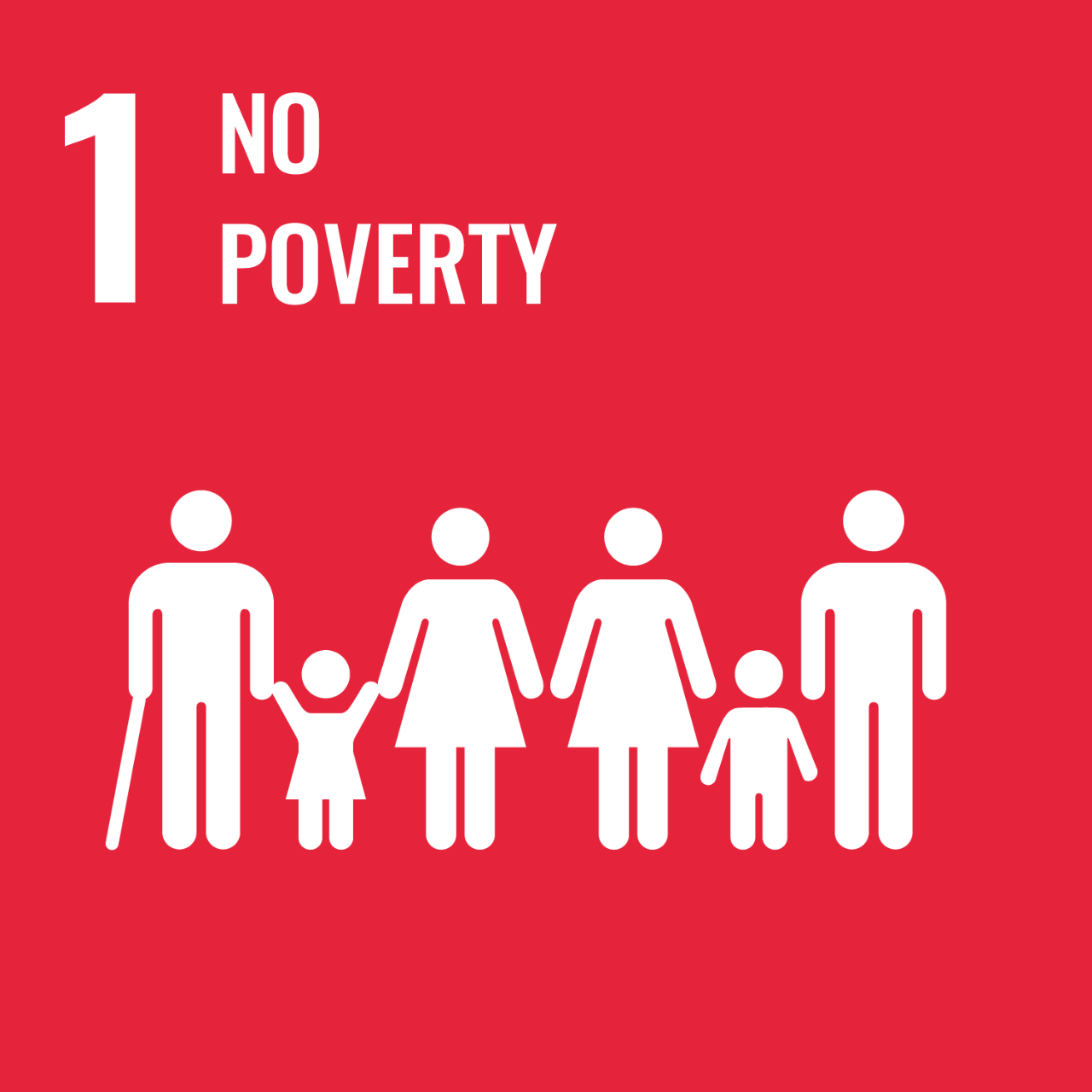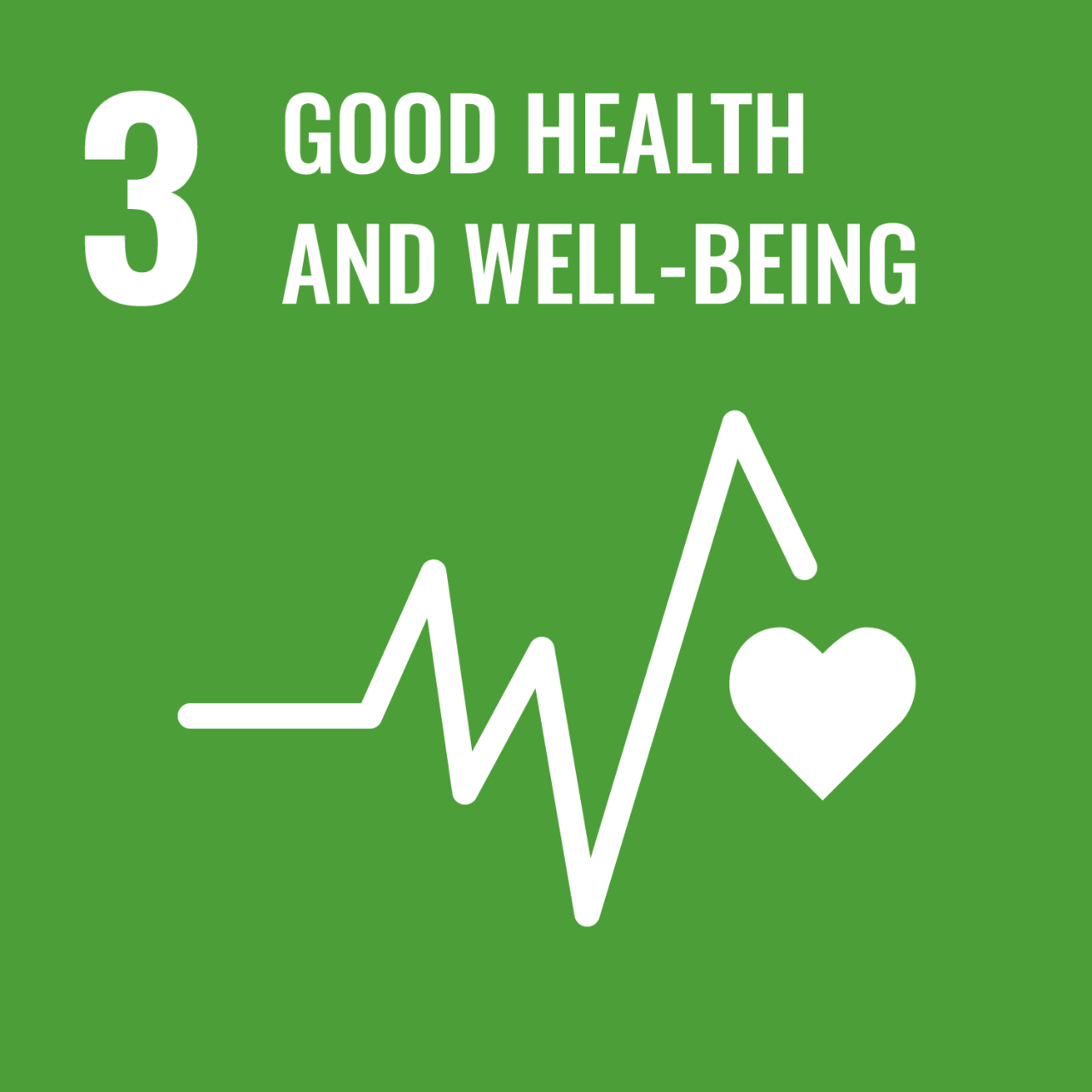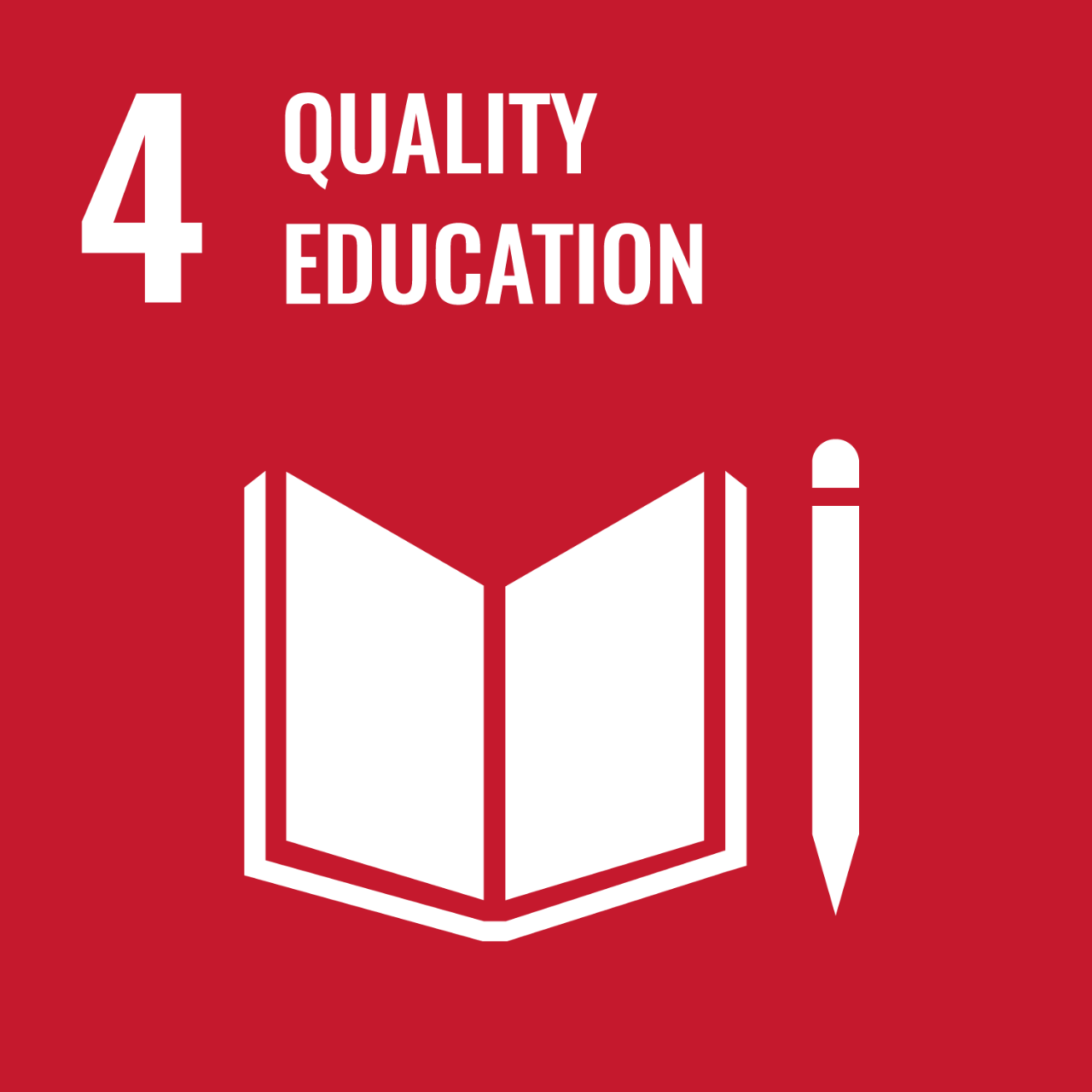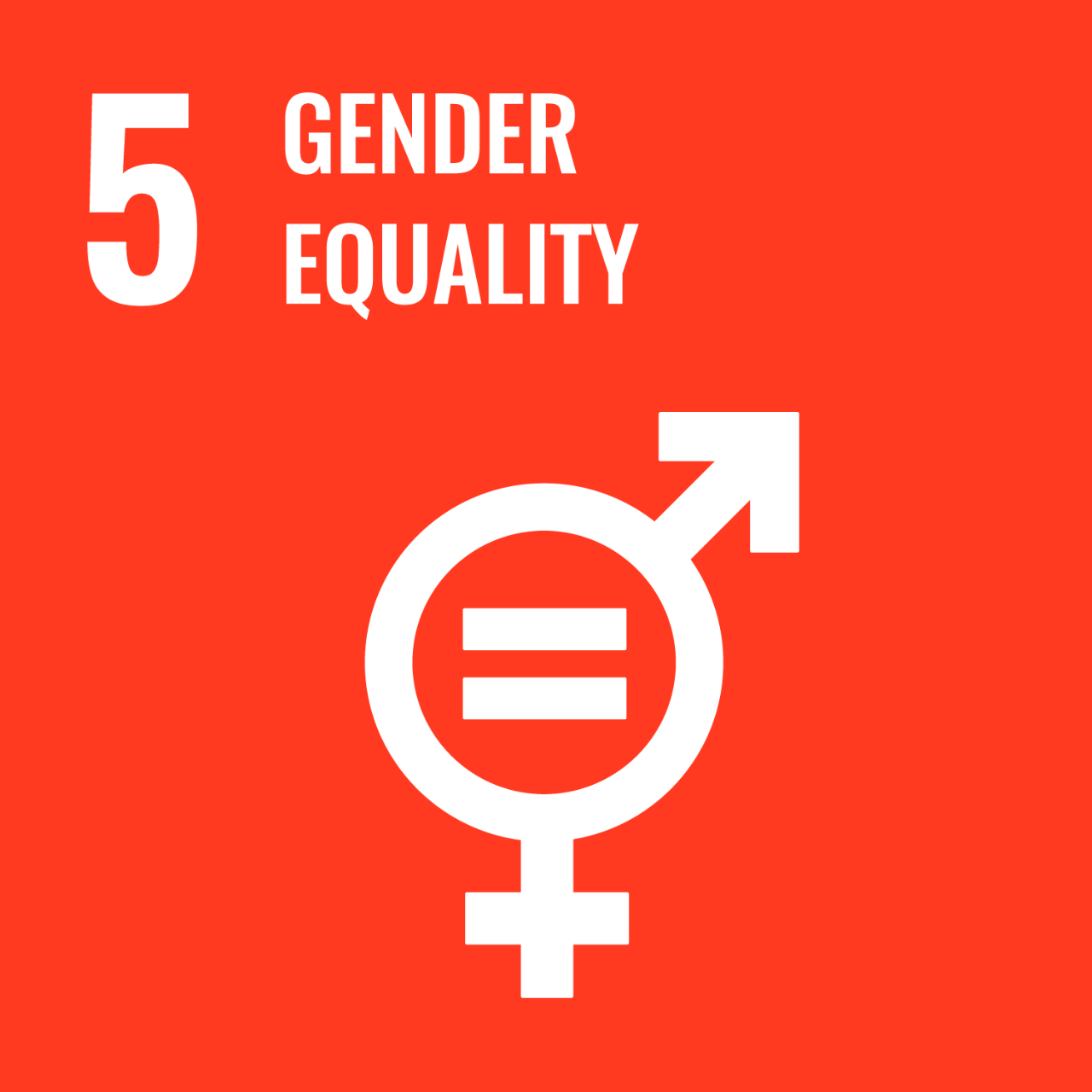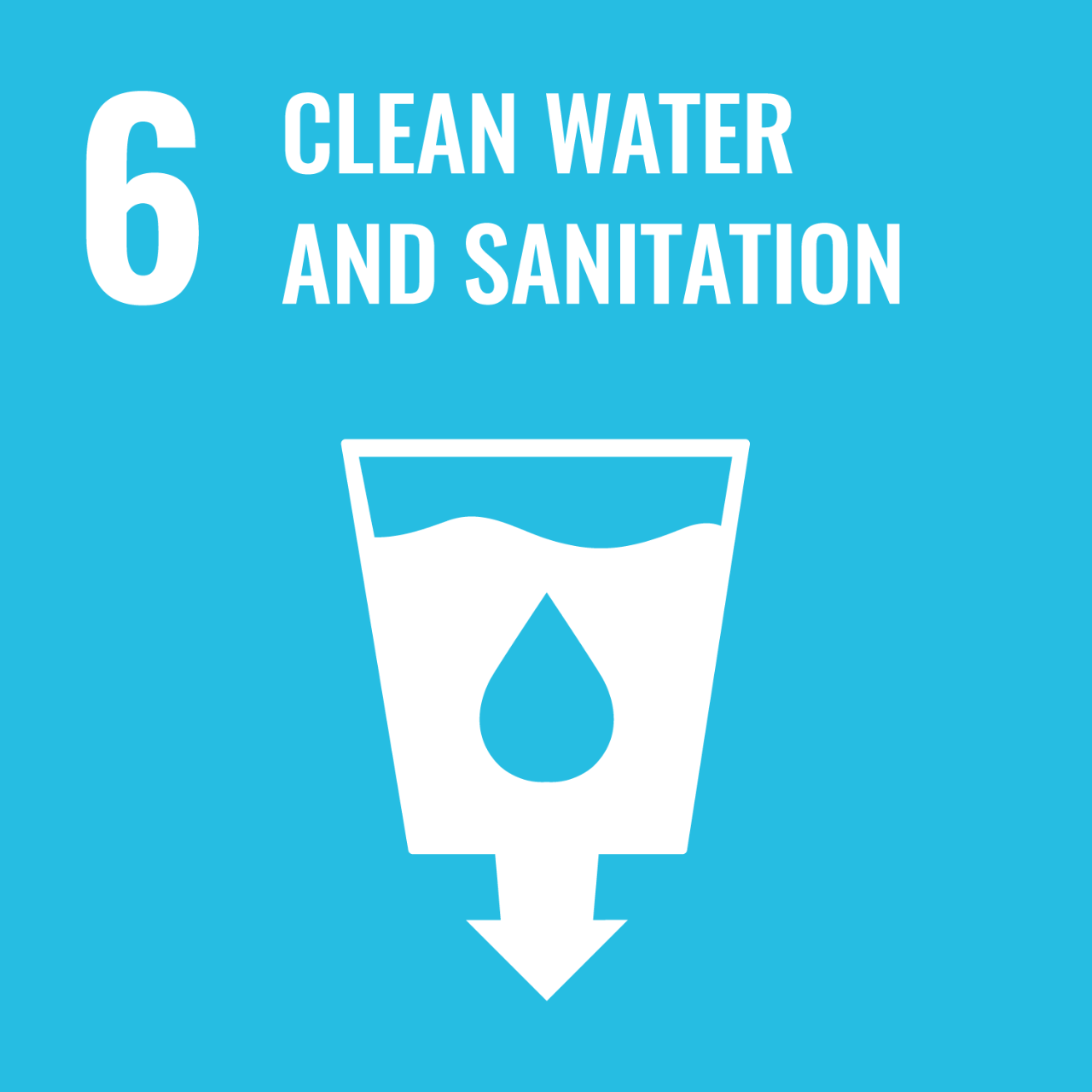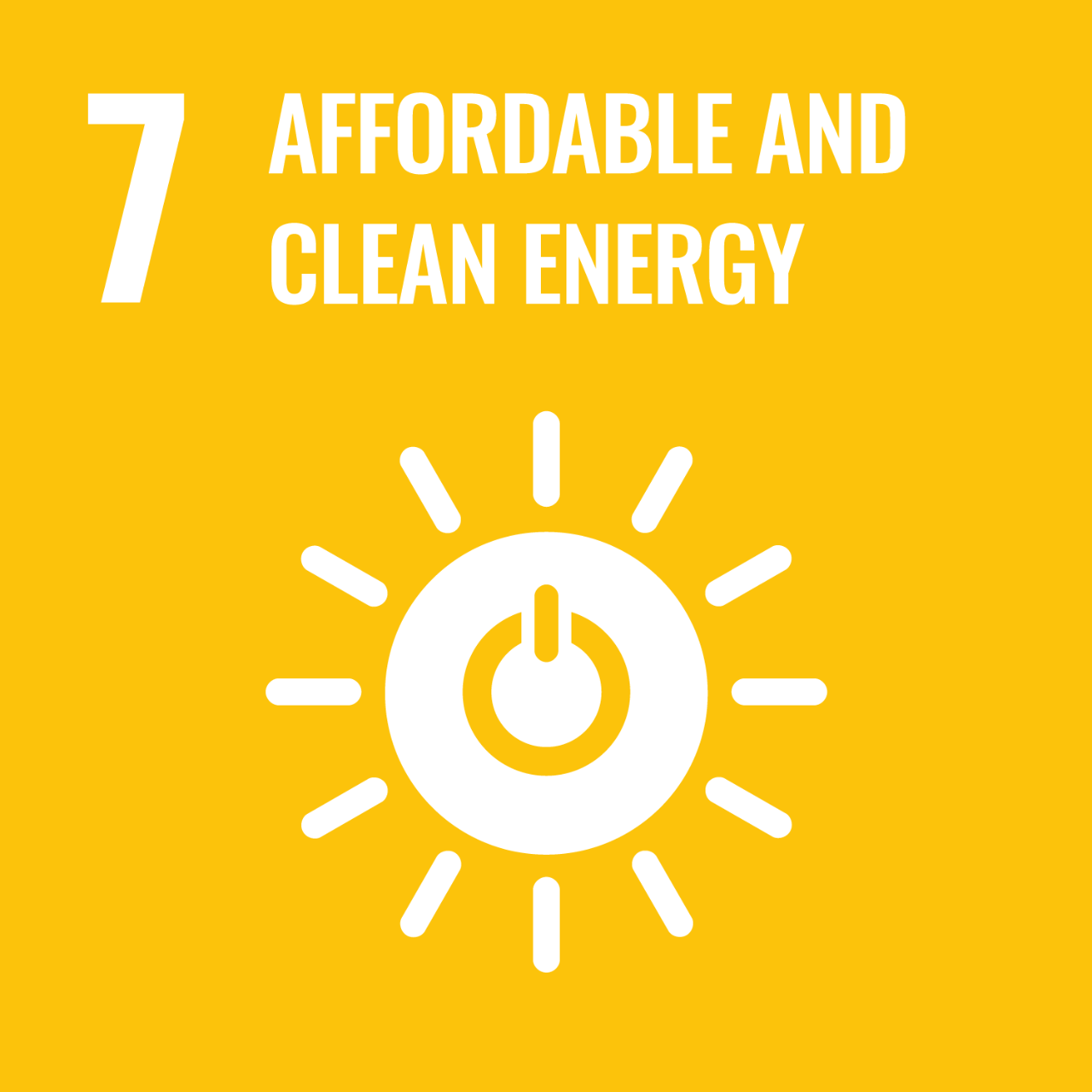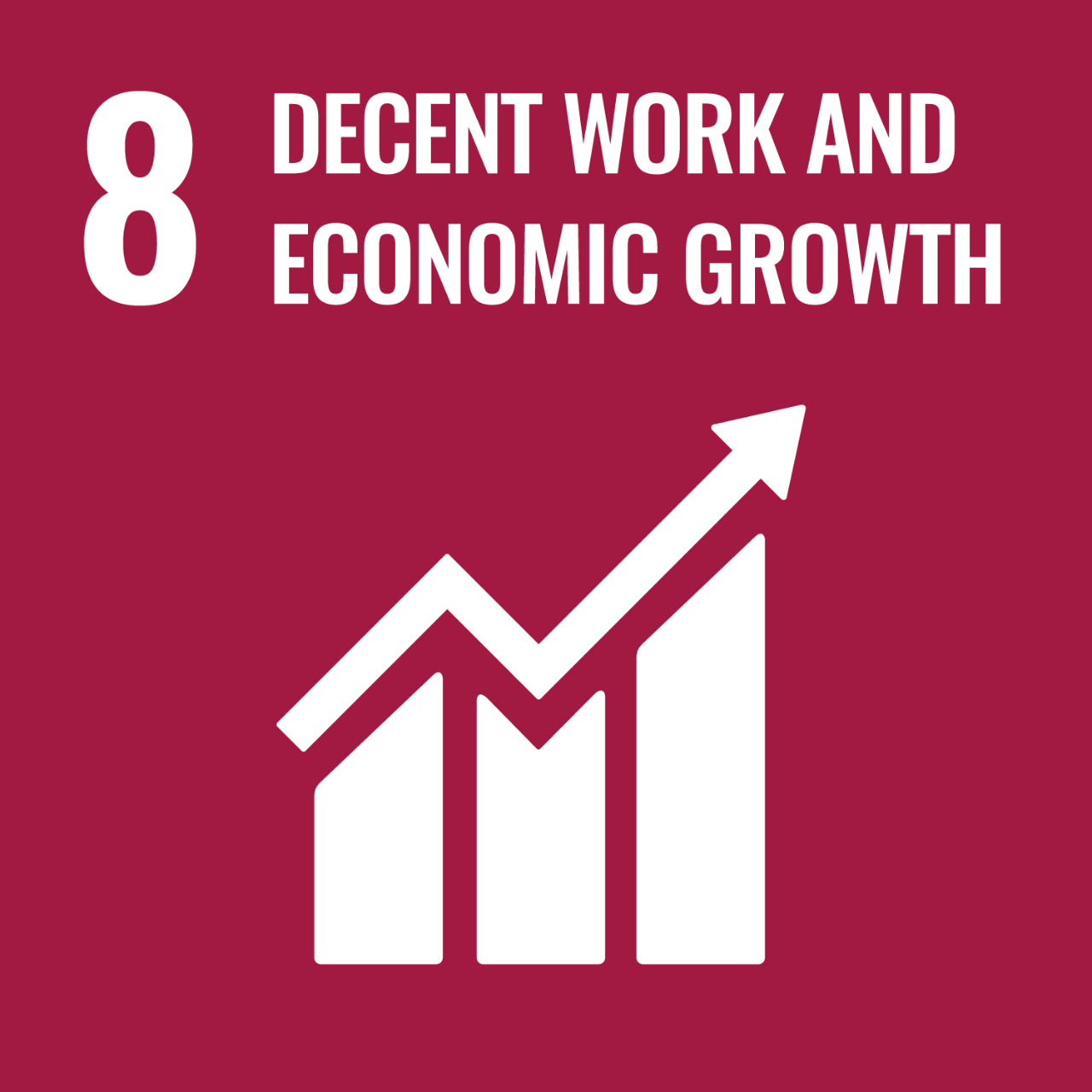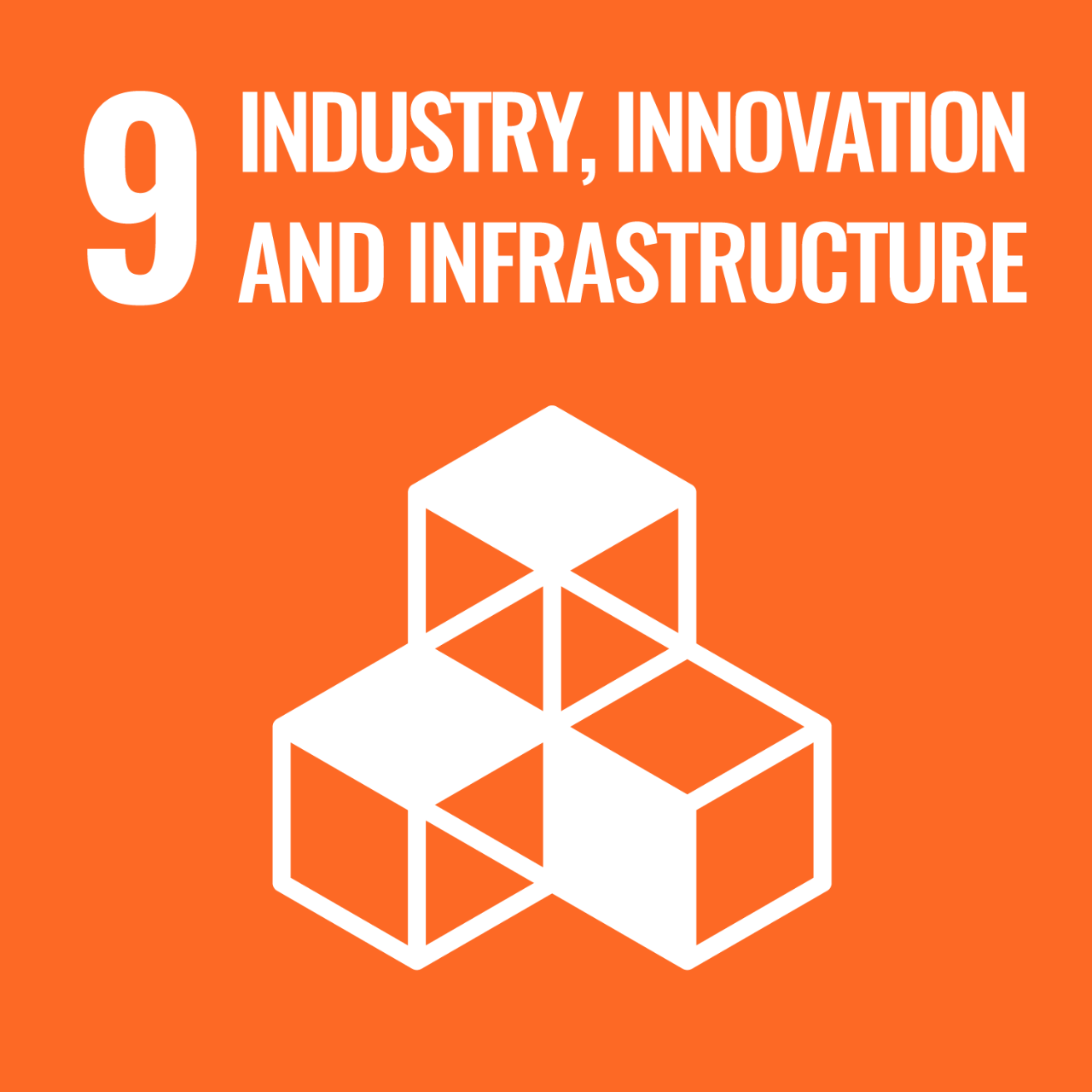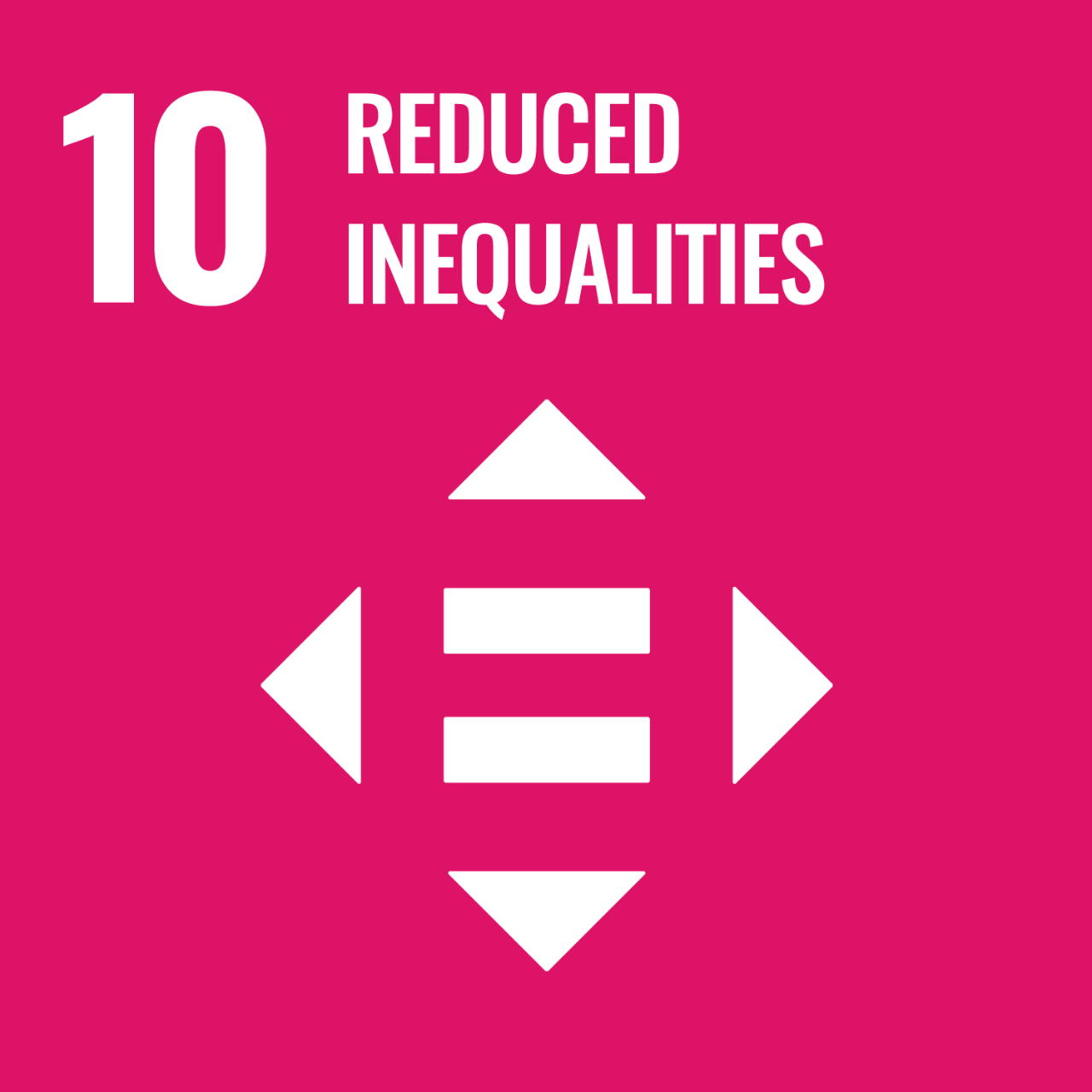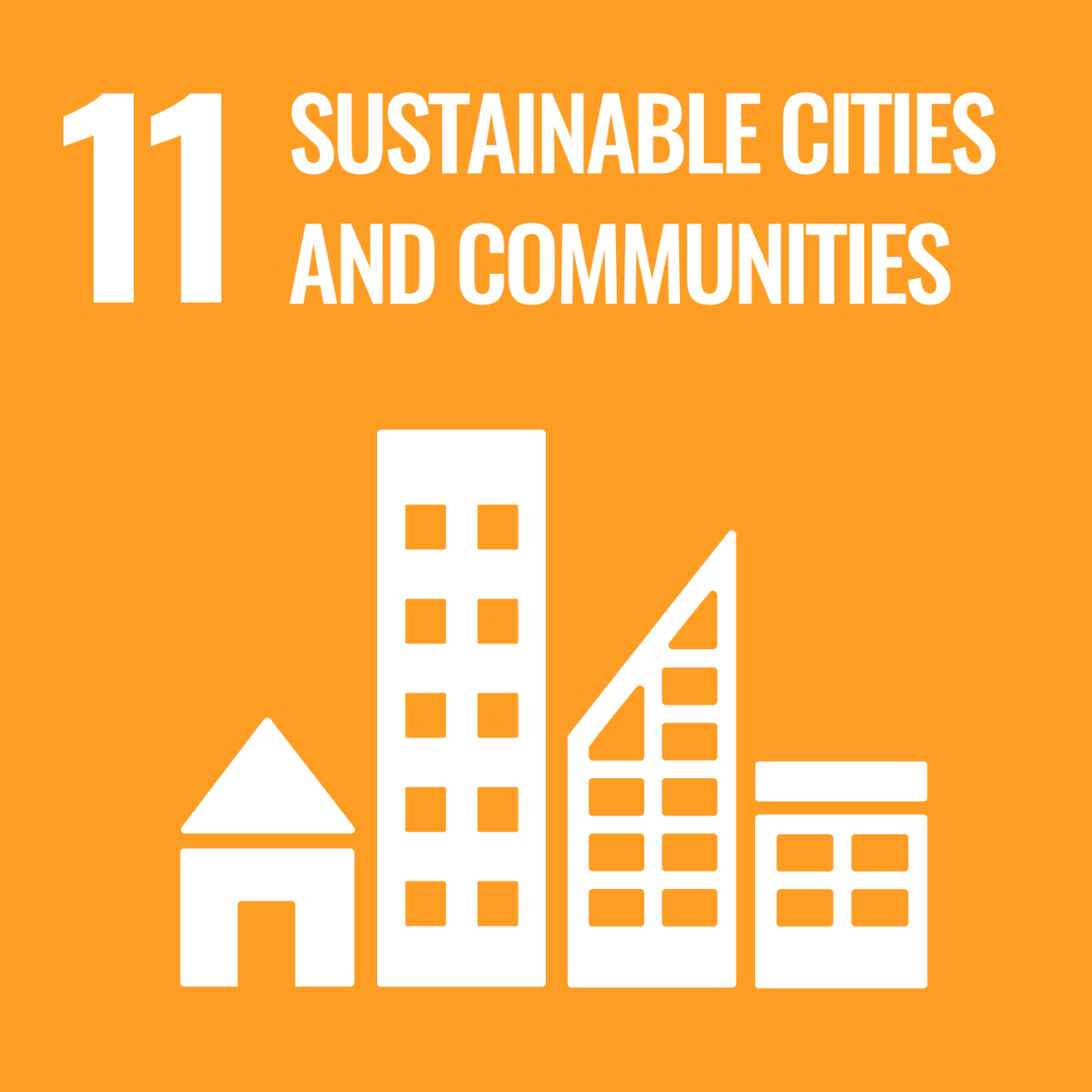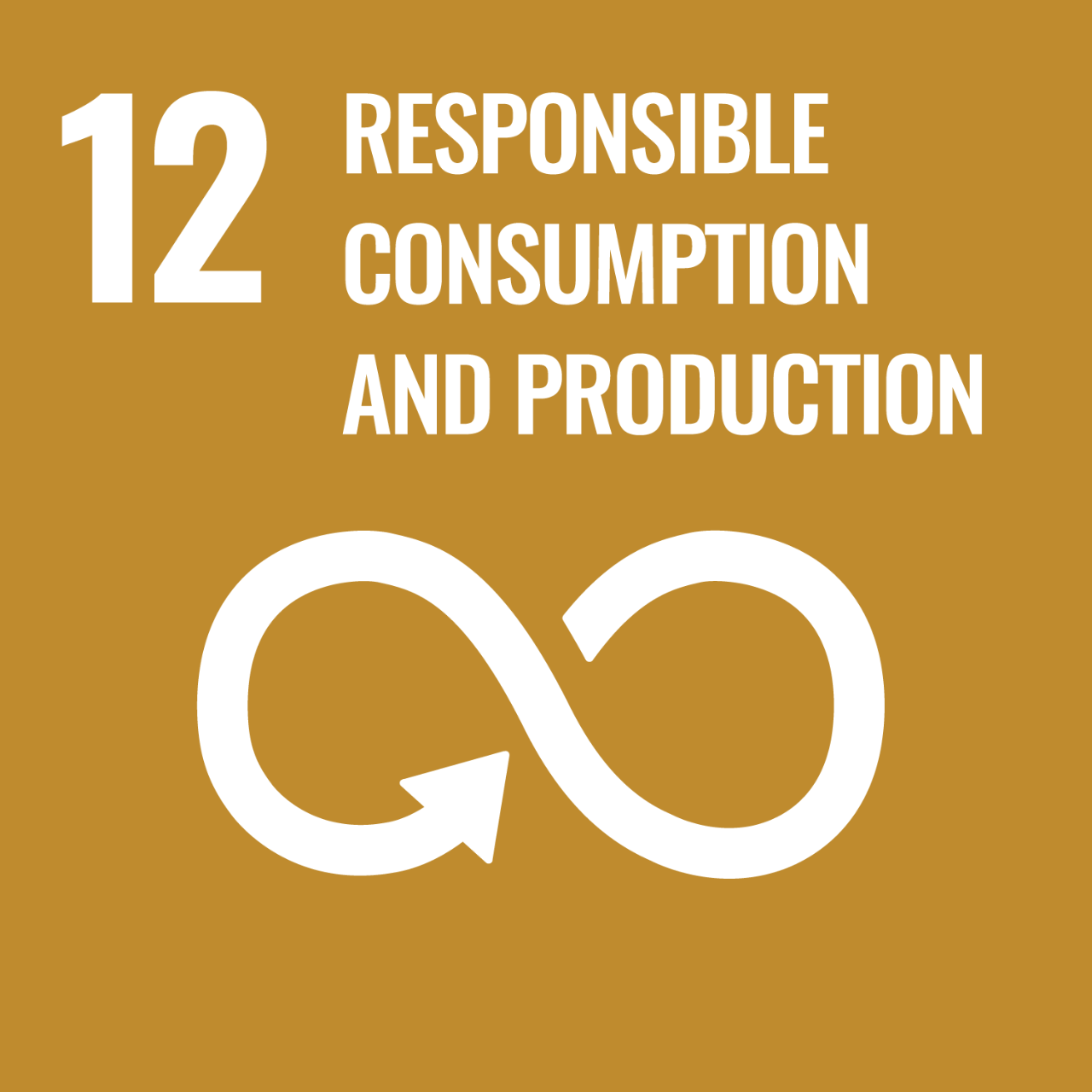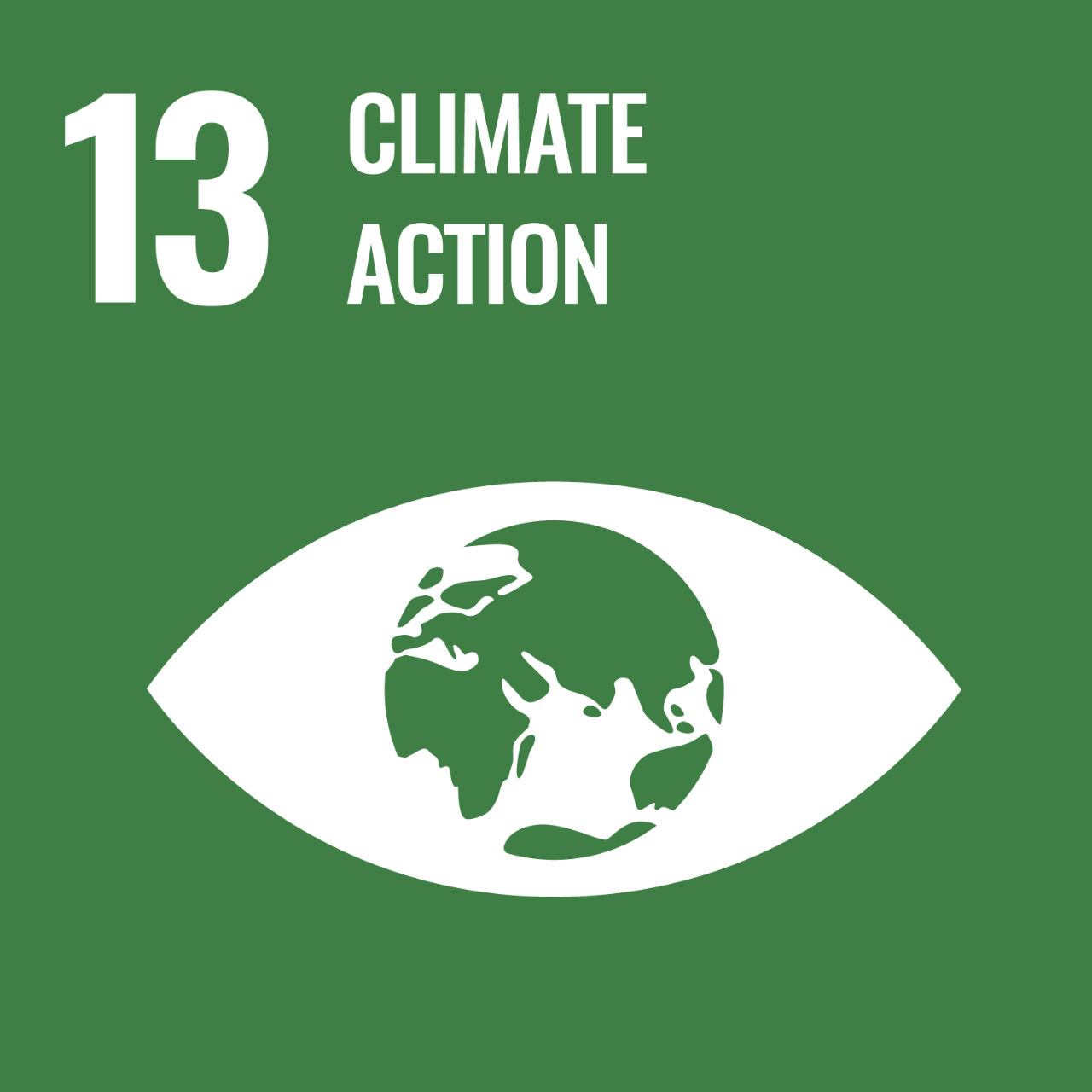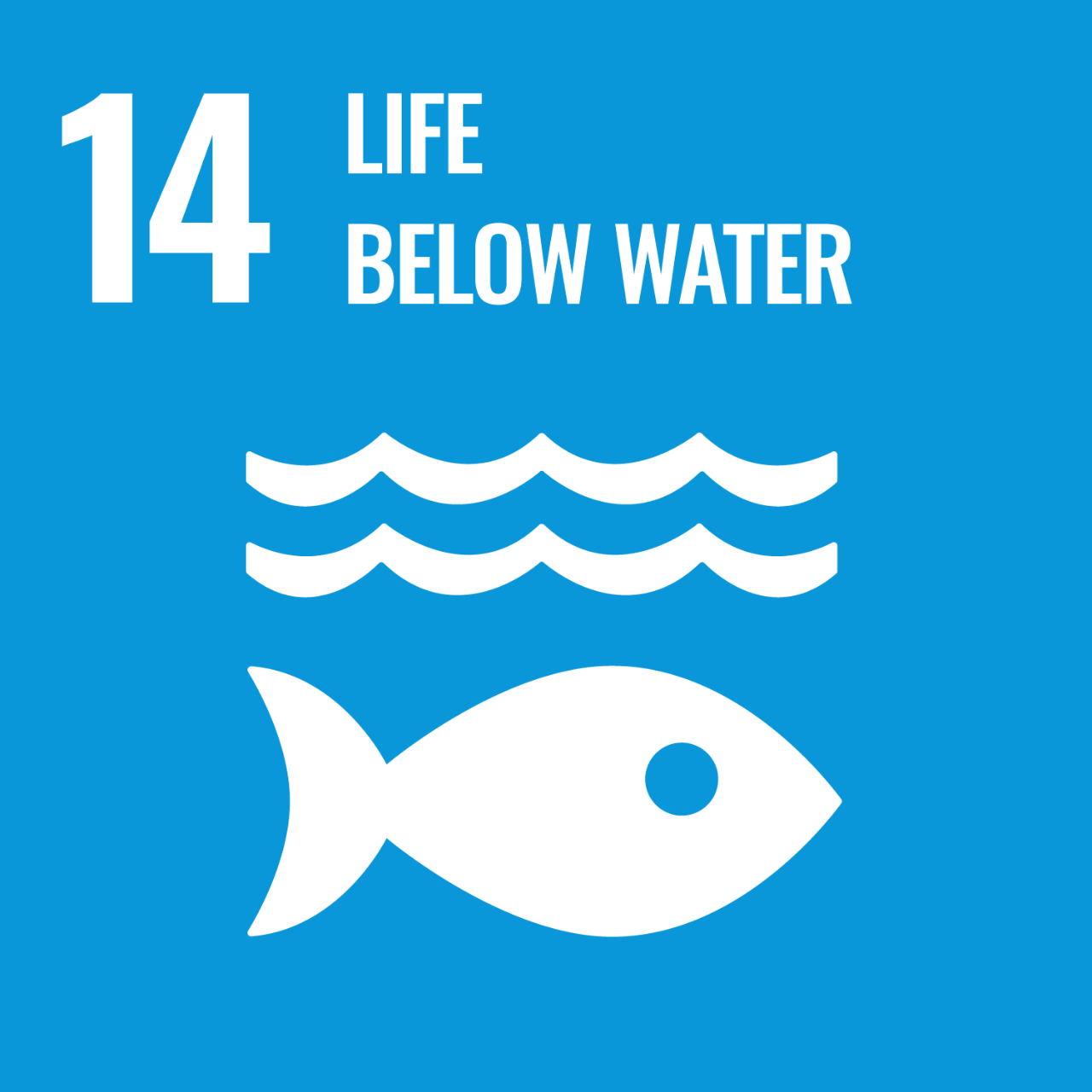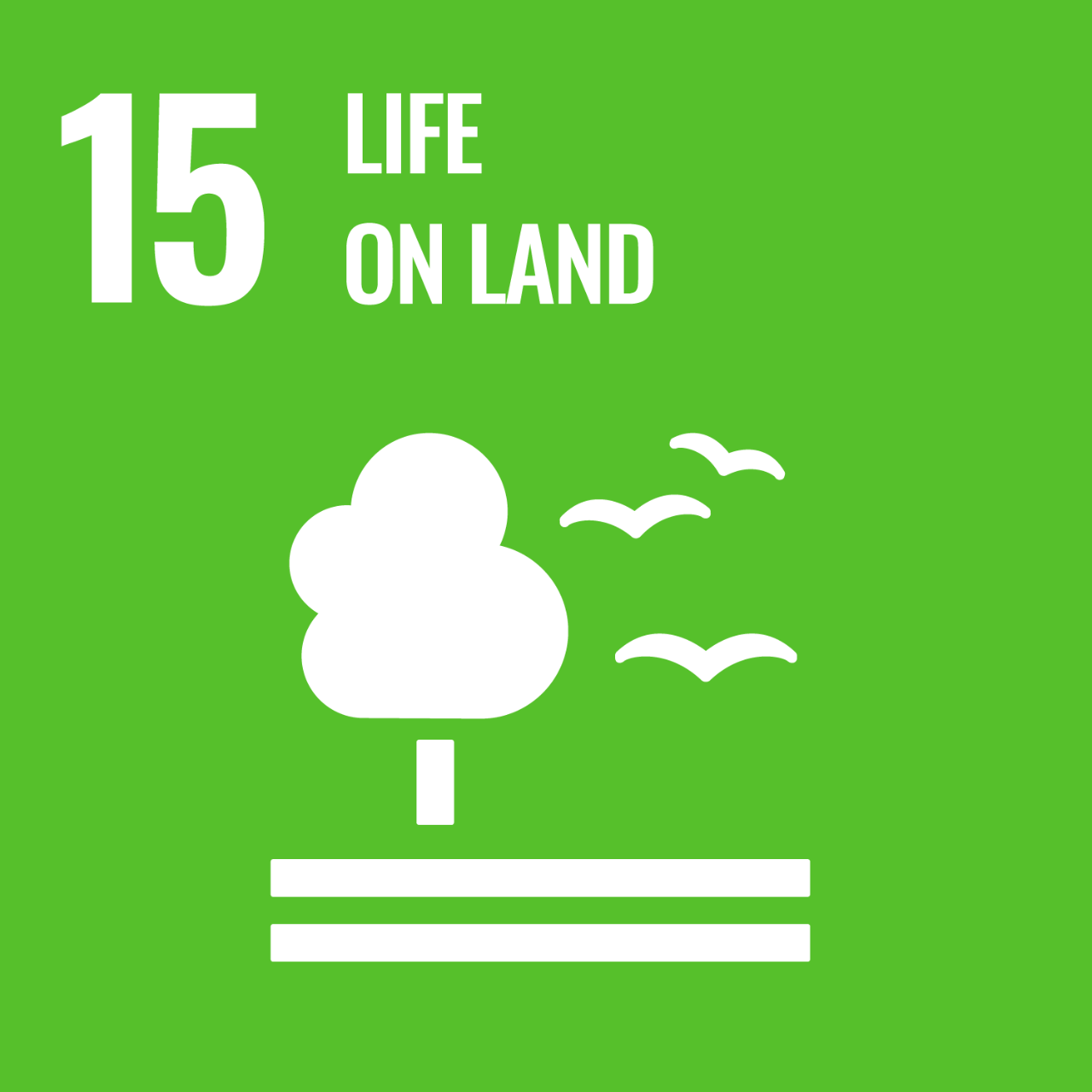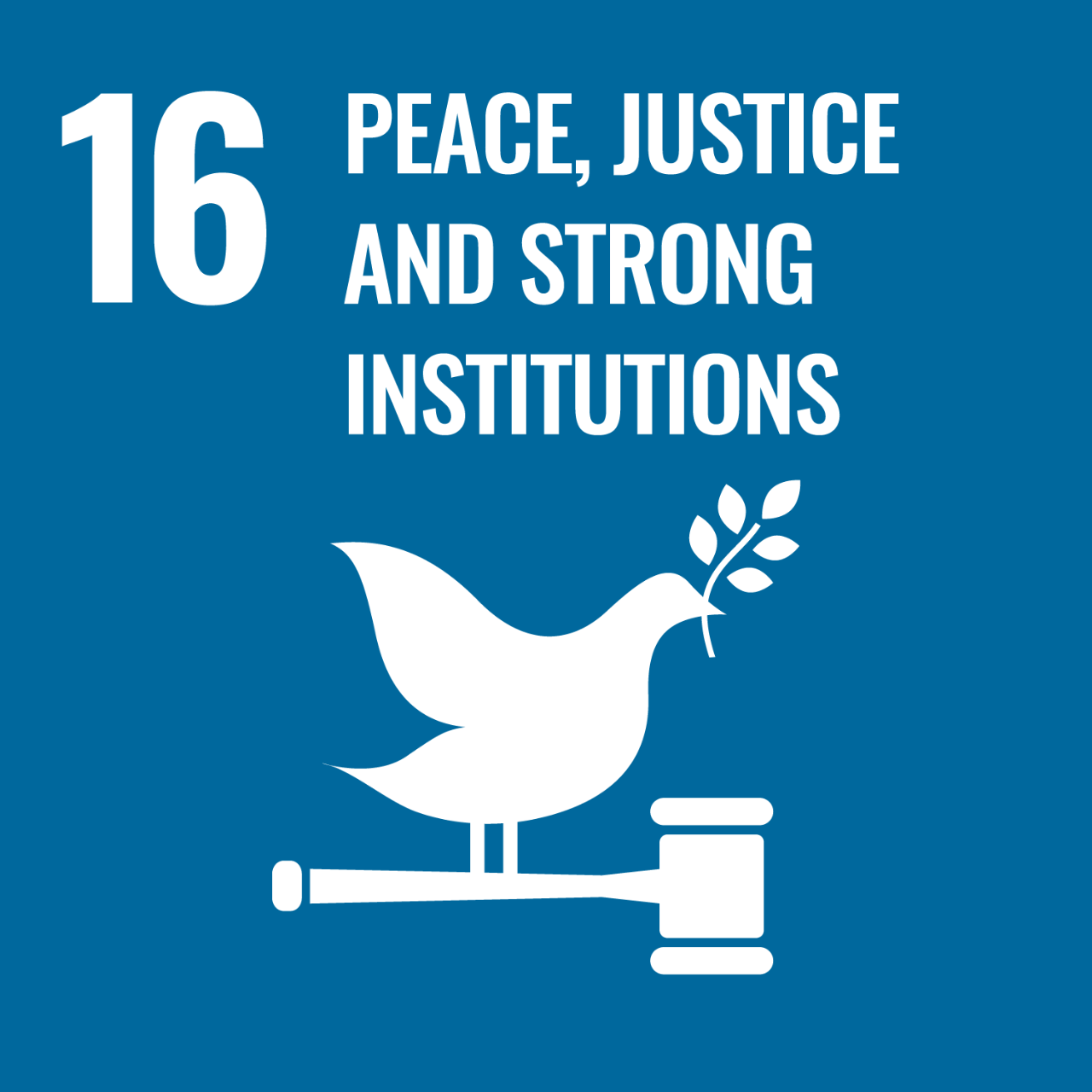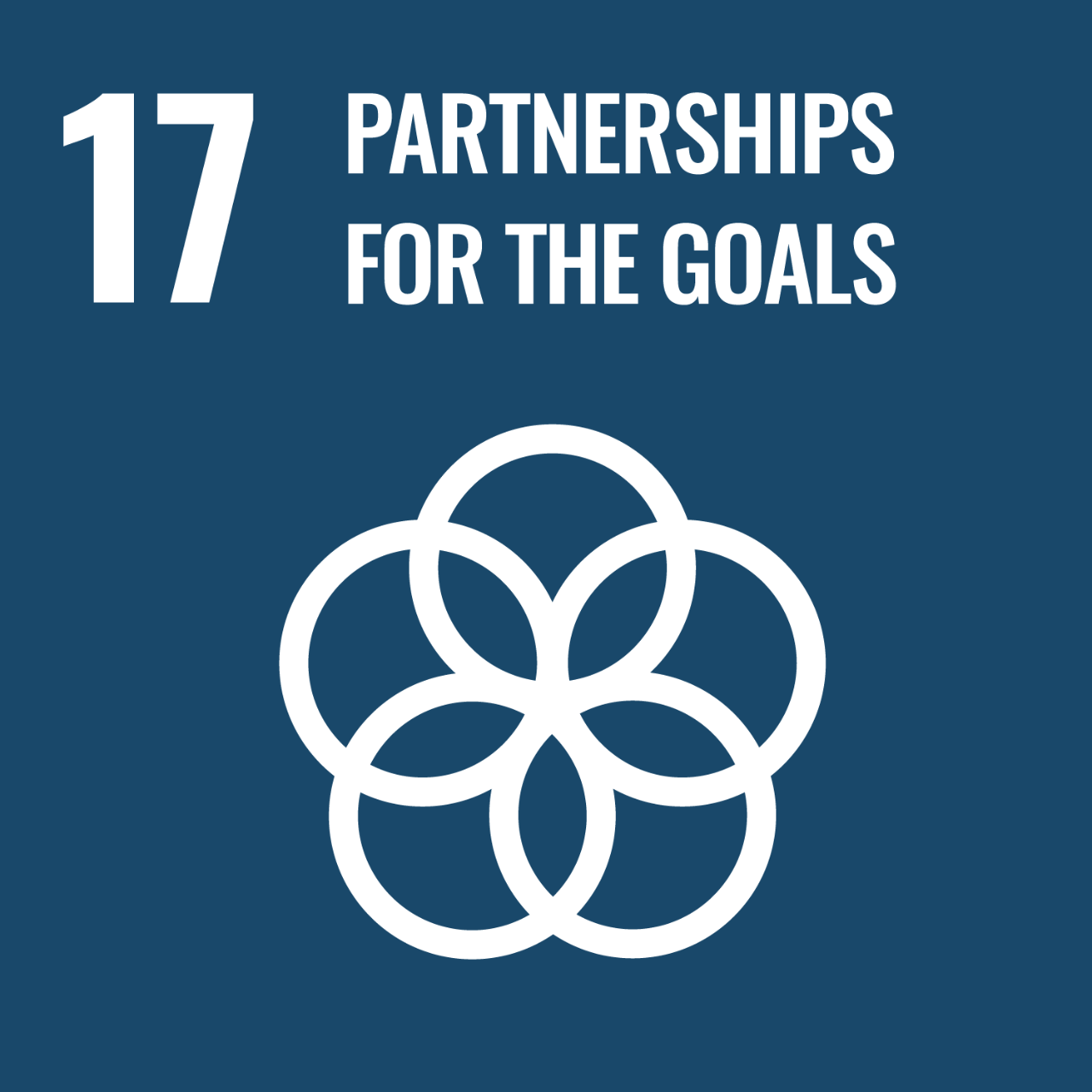Learn how Dal is working toward the goals by clicking the SDGs listed below.
Dal is contributing to achieving the these important global goals by:
- Supporting the SDGs through high-impact research
The university’s six Strategic Research Clusters are focused on global challenges, in ways that are measurable and collective. - Including social responsibility in our student experience
Dalhousie students are encouraged to get involved with creating a better future for all through curriculum, research opportuntiies, and campus activities. - Influencing change as a civic university with global impact
As stewards of the UN SDGs, we will leverage our global activities to deliver on our local commitments. - Building an operational foundation for inclusion and distinction
University processes, structures, and governance support social responsibility and sustainability across the institution.
